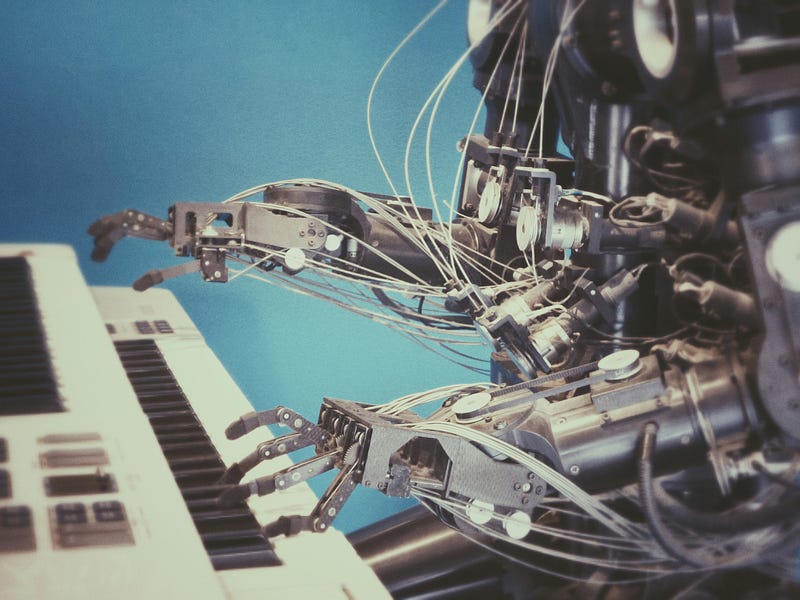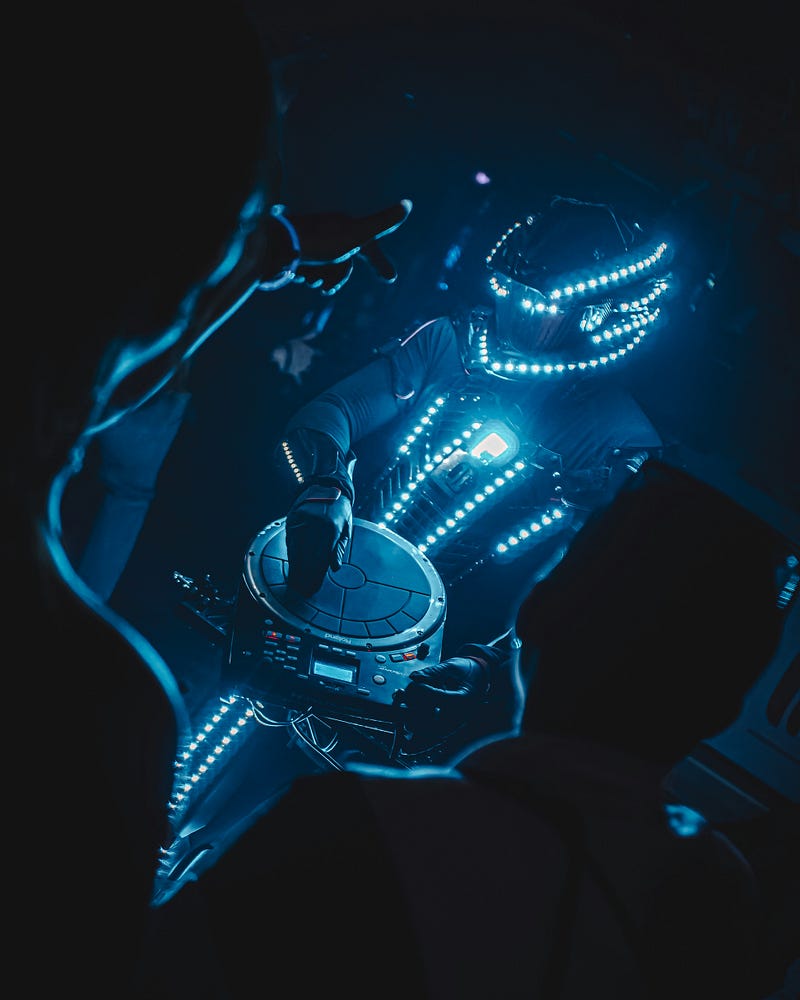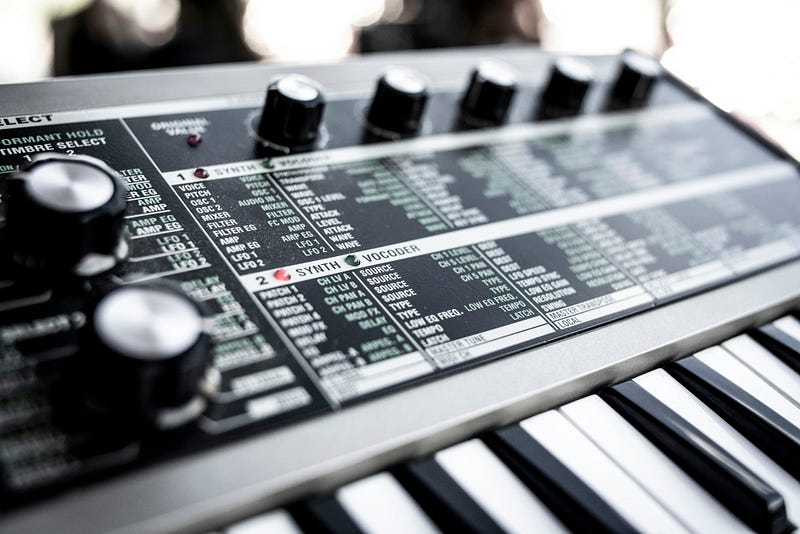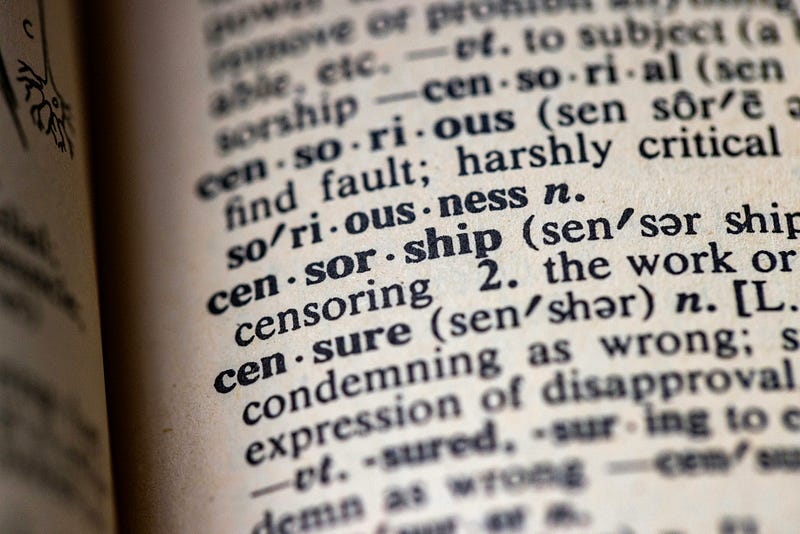
Introduction to AI-generated music
Artificial Intelligence (AI) has revolutionized many industries, including music creation. By using algorithms and machine learning, AI is now capable of composing original music that challenges traditional notions of creativity and authorship. Here are key points to understand about AI-generated music:
- AI algorithms analyze vast amounts of musical data to identify patterns and structures, enabling them to generate melodies, harmonies, and rhythms autonomously.
- AI-generated music can range from ambient soundscapes to complex symphonies, blurring the lines between human and machine creativity.
- Companies like Amper Music and Jukedeck offer AI platforms that allow users to customize music for various projects, from video soundtracks to advertising jingles.
- Despite its potential, AI-generated music raises questions about artistic integrity and originality. Critics argue that music composed by algorithms lacks the emotional depth and nuance of human-created music.
- On the other hand, supporters believe that AI opens up new possibilities for experimentation and collaboration in music production.
- The integration of AI in music creation sparks debates about the future of the industry and the role of technology in shaping musical expression.
As AI technology continues to advance, the impact of AI-generated music on the music industry and artistic landscape remains a topic of ongoing exploration and debate.
The Ethics of AI in Music Composition
- AI raises ethical questions in music creation, especially in terms of originality and ownership.
- Algorithm-generated music challenges the notion of human creativity and its intrinsic value.
- AI can blur the lines of authorship, potentially undermining the recognition and compensation of human composers.
- Issues of cultural appropriation arise when AI generates music inspired by specific genres or cultural styles.
- Transparency in disclosing AI involvement in music production is essential for ethical considerations.
- The impact of AI on the music industry, including job displacement and the devaluation of musical talent, needs to be addressed.
- Collaborations between AI and human composers can lead to innovative and ethically sound music creation.
In exploring the ethics of AI in music composition, it is crucial to consider the implications of this technology on artistic integrity, creativity, and the rights of musicians.
Benefits of AI-generated music

- Endless Creativity: AI can generate an unlimited amount of musical content, providing artists with a vast pool of creative resources to explore.
- Efficiency and Time-saving: AI can speed up the music creation process by offering quick songwriting tools, enabling artists to focus more on the creative aspects of music production.
- Personalized Recommendations: AI algorithms can analyze user preferences and behaviors to offer personalized music recommendations, helping listeners discover new artists and genres they may enjoy.
- Consistency in Quality: AI-generated music can maintain a consistent level of quality, ensuring a certain standard is met throughout the production process.
- Exploration of New Sounds: AI can push the boundaries of traditional music genres by creating innovative sounds and music styles that may not have been explored otherwise.
- Collaborative Opportunities: AI tools can facilitate collaborations between artists and machines, leading to unique and groundbreaking musical projects that blend human creativity with machine precision.
- Accessibility and Inclusivity: AI-generated music can make music production more accessible to a wider range of individuals, allowing aspiring musicians with limited resources to create high-quality music.
- Adaptability to Trends: AI can adapt to changing music trends quickly, providing artists with insights into popular styles and helping them stay relevant in the dynamic music industry.
AI-generated music presents numerous benefits that can revolutionize the music creation process, offering artists new creative possibilities, efficiency, and opportunities for exploration and collaboration.
Challenges and Concerns with AI-generated Music
- One concern with AI-generated music is the issue of originality. While AI tools can assist in creating music, there is a risk of it lacking the unique artistic touch that human creativity brings.
- Another challenge is the ethical implications of AI-generated music, particularly in terms of copyright and ownership. Determining rightful ownership of music created by AI can be complex and raises questions about intellectual property rights.
- Quality control is a significant challenge when it comes to AI-generated music. The output may lack the emotional depth and authenticity that human musicians can impart, resulting in a potential disconnect with audiences.
- There is also the risk of over-reliance on AI tools in music creation, potentially stifling human creativity and innovation in the long run. Finding the right balance between using AI as a tool versus letting it dictate the creative process is crucial.
- Concerns about the impact of AI on the music industry and job displacement within the sector have also been raised. As AI technology advances, there is a fear that it may replace human musicians and composers, leading to a loss of traditional artistry and craftsmanship.
- Additionally, there are technological challenges to consider, such as biases in AI algorithms that may influence the music created. Ensuring that AI-generated music is unbiased and inclusive is essential to prevent perpetuating negative stereotypes or exclusionary practices.
- The issue of sustainability is also relevant, as the environmental impact of AI technologies used in music production, such as energy consumption and electronic waste, needs to be addressed for a more sustainable future in the music industry.
Exploring the concept of Synth Dreams

- Enhanced Creativity: AI introduces new possibilities for musicians to explore innovative sounds and compositions. By utilizing machine learning algorithms, artists can unlock boundless creativity and experiment with unique sonic landscapes, pushing the boundaries of traditional music creation.
- Efficiency in Production: The integration of AI in music production streamlines the process by providing automated tools for generating melodies, harmonies, and rhythms. This efficiency allows artists to focus more on the artistic aspect of their music-making, saving time and effort in the production phase.
- Customization and Personalization: AI enables musicians to tailor their sound to specific preferences and styles, offering a level of customization previously unseen. With AI-driven tools, artists can create music that resonates with their individuality and connects more deeply with their audience.
- Challenges of Authenticity: While AI empowers artists with an array of tools and capabilities, there is an ongoing debate about the authenticity of music created through machine learning. Some argue that synthesized music lacks the human touch and emotional depth found in traditional compositions, raising questions about the integrity of AI-generated art.
- Exploration of New Frontiers: Synth dreams represent a path towards exploring uncharted territories in music creation. By embracing AI and machine learning, musicians have the opportunity to dive into realms of creativity that were previously inaccessible, opening doors to new sonic experiences and musical expressions.
In the realm of music creation, the concept of Synth Dreams fueled by AI and machine learning showcases a fusion of technology and artistry, offering a glimpse into a future where creativity knows no bounds.
Understanding the implications of Sampling Nightmares
- Sampling nightmares refer to the legal and ethical issues that can arise when using samples in music production.
- Unauthorized use of samples can lead to copyright infringement claims, potentially resulting in legal action and financial penalties.
- It is crucial for artists and producers to understand copyright laws and licensing requirements when using samples in their work.
- Sampling nightmares can hinder the creative process and limit the freedom of artists to experiment with different sounds.
- Clearing samples can be a time-consuming and costly process, often requiring negotiations with multiple rights holders.
- Failure to properly clear samples can lead to delays in releasing music or even prevent it from being distributed altogether.
- In some cases, artists choose to avoid using samples altogether to sidestep the potential legal issues.
- The rise of AI and machine learning in music creation offers alternative methods for generating original sounds without relying on samples.
- Despite the challenges posed by sampling nightmares, some argue that the use of samples adds depth and nostalgia to music, creating a unique listening experience for audiences.
Legal and copyright issues related to AI-generated music

- AI-generated music introduces complex legal and copyright challenges that raise questions about ownership and originality in the creative process.
- The use of AI algorithms in creating music blurs the lines between human authorship and machine-generated creations, leading to uncertainties regarding copyright protection.
- Rights management of AI-generated music involves addressing issues such as determining the ownership of the music, ensuring proper attribution, and establishing rights to reproduce and distribute the works.
- Copyright laws may need updates to address the unique challenges posed by AI-generated music, including issues like derivative works, fair use, and the distinction between inspiration and direct copying.
- Challenges may arise in determining whether AI-generated music qualifies for copyright protection and how to enforce those rights in a legal framework designed for human creators.
- Licensing agreements for AI-generated music may require specific clauses to address the involvement of algorithms in the creative process and the rights of all parties involved.
- Legal disputes regarding AI-generated music may involve proving the creative input of human creators in the algorithmic composition process and the extent to which they can claim ownership.
- As AI continues to evolve in music creation, legal frameworks will need to adapt to ensure fair compensation, protection of intellectual property rights, and clarity in ownership of AI-generated works.
The role of human creativity in music production
- Human creativity continues to play a vital role in music production, even in the era of AI and machine learning.
- Musicians and producers bring unique perspectives, emotions, and experiences to their work that cannot be replicated by algorithms.
- AI tools can assist in generating ideas or aiding in the creative process, but they lack the intuition and personal touch that human artists possess.
- The ability to experiment, take risks, and think outside the box is a hallmark of human creativity that sets artists apart in music production.
- Human musicians have the capacity to infuse their work with authenticity, passion, and originality, elevating it beyond the capabilities of AI-generated music.
- Collaboration between human creators and AI tools can result in innovative and groundbreaking music that combines the best of both worlds.
In conclusion, while AI and machine learning technologies have made significant advancements in music creation, the unique role of human creativity remains irreplaceable in producing music that resonates on a deep emotional level and pushes artistic boundaries.
The future of AI in the music industry
- AI in music composition has immense potential for innovation, with algorithms capable of generating new melodies, harmonies, and rhythms.
- AI-powered tools can assist musicians in the creative process by providing unique suggestions and inspirations based on vast amounts of music data.
- Collaboration between human musicians and AI systems can lead to groundbreaking music that pushes the boundaries of creativity and genre conventions.
- AI can revolutionize music production by automating tasks such as mixing, mastering, and sound design, streamlining the workflow for artists and producers.
- Personalized music recommendations and tailored listening experiences driven by AI algorithms can enhance music discovery and enjoyment for audiences worldwide.
- Despite the advancements in AI technology, the human element remains crucial in music creation, as emotions, intuition, and artistic vision are aspects that machines cannot replicate.
- Ethics and copyright issues surrounding AI-generated music raise questions about attribution, ownership, and the distinction between human and machine contributions in the creative process.
- The future of AI in the music industry holds promise for transformative changes that could redefine how music is created, experienced, and shared in a digital age.
Ethical considerations for the integration of AI in music
- AI and machine learning have raised various ethical considerations in the music industry.
- One critical aspect is the issue of ownership and attribution. With AI-generated music, determining rightful ownership and giving credit to creators can become complex.
- Privacy concerns also arise as AI systems gather and analyze data from users to create personalized music experiences.
- Transparency in how AI systems operate is crucial to ensure that users are aware of how their data is being used.
- Bias in AI algorithms is another significant ethical challenge. Biases present in training data can affect the music created or recommended by AI systems.
- Ensuring diversity and inclusivity in AI-generated music is essential to prevent reinforcement of existing biases and stereotypes.
- The impact of AI on the labor market for musicians is also a concern, as AI systems capable of producing music may potentially replace human musicians.
- Regulations and guidelines need to be developed to address these ethical considerations and ensure that the integration of AI in music remains ethical and fair for all stakeholders.
